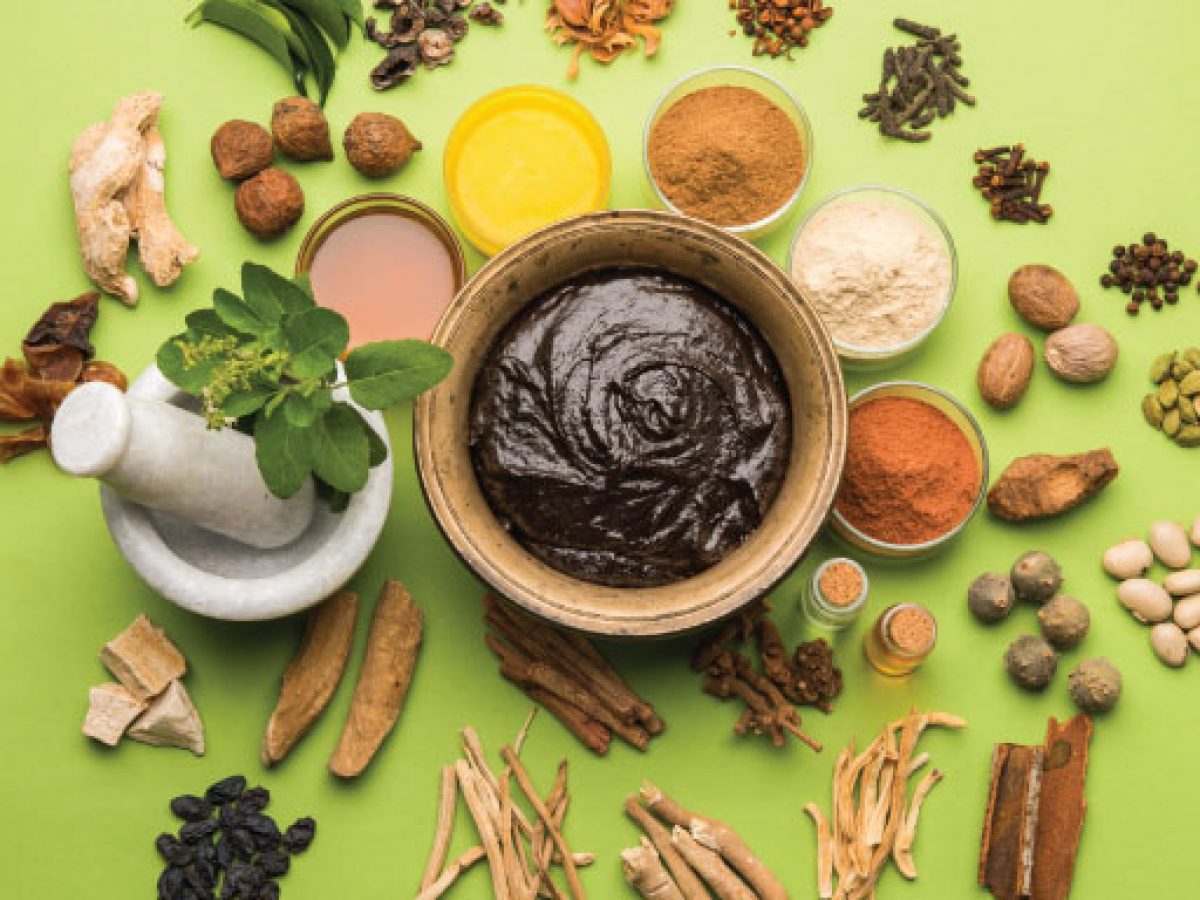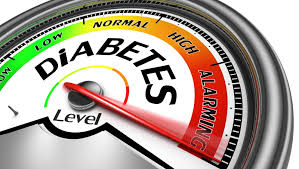Harnessing Nature’s Bounty for Natural Blood Pressure Management
By : Javid Amin
In the relentless pursuit of holistic health, the realm of herbs and spices emerges as a treasure trove for managing hypertension, the silent adversary affecting millions worldwide. While pharmaceutical interventions are prevalent, delving into the richness of nature’s pharmacy offers an intriguing avenue for promoting cardiovascular well-being. Embark on a journey through these 11 herbs and spices celebrated for their profound properties:
1. Garlic: The Heart’s Ally
- Key Compound: Allicin
- Mechanism: Promotes vasodilation, relaxing blood vessels, enhancing blood flow, and reducing pressure on artery walls.
- Culinary Tip: Opt for raw garlic in salads or crush it lightly for maximal allicin benefits.
2. Ginger: A Symphony of Antioxidants
- Key Benefits: Rich in antioxidants and anti-inflammatory properties, ginger supports blood circulation and relaxes muscles surrounding blood vessels.
- Usage: Fresh ginger in tea, stir-fries, or as a base for sauces provides both flavor and health perks.
3. Turmeric: Curcumin’s Magic
- Active Ingredient: Curcumin
- Actions: Anti-inflammatory prowess enhances blood vessel function and reduces oxidative stress, contributing to lower blood pressure.
- Enhancement: Combine turmeric with black pepper to boost curcumin absorption.
4. Cinnamon: Subtle Regulator
- Effect: May regulate blood pressure by enhancing blood vessel dilation and reducing inflammation.
- Tip: Sprinkle cinnamon on oatmeal, yogurt, or add to your morning coffee for a delightful twist.
5. Basil: Eugenol’s Grace
- Signature Compound: Eugenol
- Health Support: Anti-inflammatory properties aid in blood pressure management.
- Integration: Fresh basil in salads, pasta, or infused in tea is an aromatic and health-conscious choice.
6. Hibiscus: Nature’s Red Emissary
- Highlight: Hibiscus tea compounds mimic certain medications, relaxing blood vessels and potentially lowering blood pressure.
- Tea Brewing: Steep dried hibiscus petals for a refreshing tea or incorporate them into cold beverages.
7. Cardamom: Aromatic Health Boost
- Prominent Compounds: Various, including cineole and limonene
- Role: May relax blood vessels, contributing to lower blood pressure.
- Incorporation: Add cardamom to coffee, desserts, or savory dishes for an aromatic health boost.
8. Rosemary: Antioxidant Elixir
- Rich Content: Antioxidants and anti-inflammatory compounds
- Benefits: Supports heart health by improving blood circulation and potentially reducing blood pressure.
- Culinary Twist: Infuse olive oil with rosemary for a heart-healthy dressing.
9. Oregano: Carvacrol’s Gift
- Active Compound: Carvacrol
- Impact: May aid in lowering blood pressure.
- Usage: Oregano in Italian dishes, salads, or sprinkled on roasted vegetables enhances taste and health.
10. Celery Seed: Diuretic Dynamo
- Potent Action: Acts as a diuretic, aiding in eliminating excess fluid from the body and potentially reducing blood pressure.
- Incorporation: Add celery seeds to soups, stews, or pickles for a flavorful health punch.
11. Cayenne Pepper: Capsaicin’s Zest
- Active Component: Capsaicin
- Function: Widen blood vessels and improve blood flow, potentially assisting in lowering blood pressure.
- Usage: Incorporate cayenne pepper into spice blends, sauces, or sprinkle on dishes for a fiery and heart-friendly kick.
While embracing these herbs and spices, it’s crucial to acknowledge that managing high blood pressure is a multifaceted endeavor. Comprehensive lifestyle changes, including a heart-healthy diet, regular exercise, and stress management, are pivotal. Remember, nature’s bounty acts as a complement, not a replacement, to holistic cardiovascular health practices. Always consult healthcare professionals before making substantial dietary changes or relying solely on natural remedies for health conditions. With cautious exploration, these herbal allies can become integral components of a vibrant, heart-conscious life.






